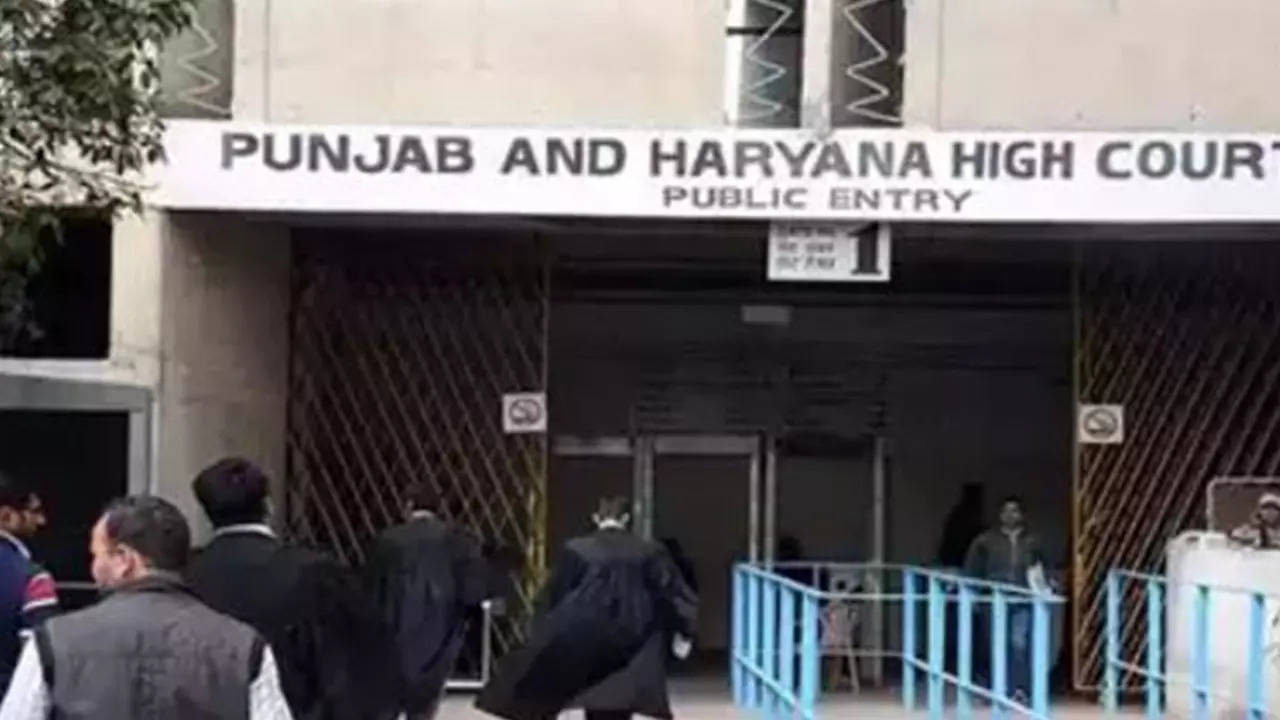
CHANDIGARH: The Punjab and Haryana high court has made it clear that the practice of making false assertions in court should be discouraged as the dignity and sanctity of the court is undermined by such conduct of the parties in any litigation.
Justice Jasjit Singh Bedi passed these orders while dismissing a plea filed by a woman petitioner against whom a family court in Ambala had ordered an inquiry for giving false evidence. It was found that she was claiming maintenance from her estranged husband by concealing the fact that she was already employed. The matter had reached the HC after the woman challenged the order dated October 13, 2021, passed by the Ambala family court. The couple was married in 2010 and a girl child was born from the wedlock. In June 2017, the wife moved several complaints against the husband regarding dowry harassment and related offences. She had also filed an application seeking maintenance from her husband, claiming she had no source of income or property and was unable to support herself. During her deposition, she maintained the same stand of having no income but when confronted with the record relating to her job, she admitted that she was working as an assistant professor in a private university.
In her plea against the family court order directing an inquiry against her for false evidence, the only explanation offered by the petitioner was that she had given the documents to her counsel in May 2017 to file the petition for maintenance under Section 125 of CrPC which was filed on June 26, 2017. Her date of joining the job was July 3, 2017.
After hearing her plea, Justice Bedi observed that this explanation is completely fallacious. At no stage she disclose her employment status, including when her application for interim maintenance was decided and Rs 5,000 awarded to her. “Assuming that the said fact was missing in her petition under Section 125 CrPC, the court could have been informed during the course of proceedings that there had been a change of circumstances regarding her obtaining employment. However, no such information was furnished and only the cross examination revealed her job and consequent salary,” held the judge.







